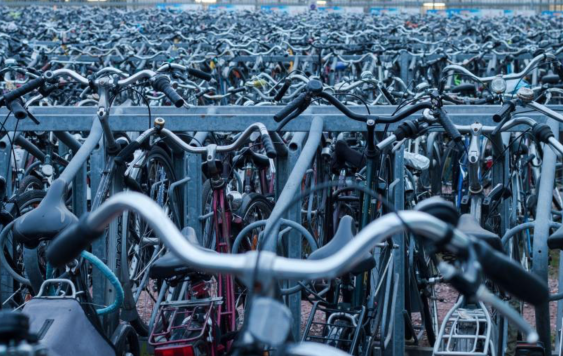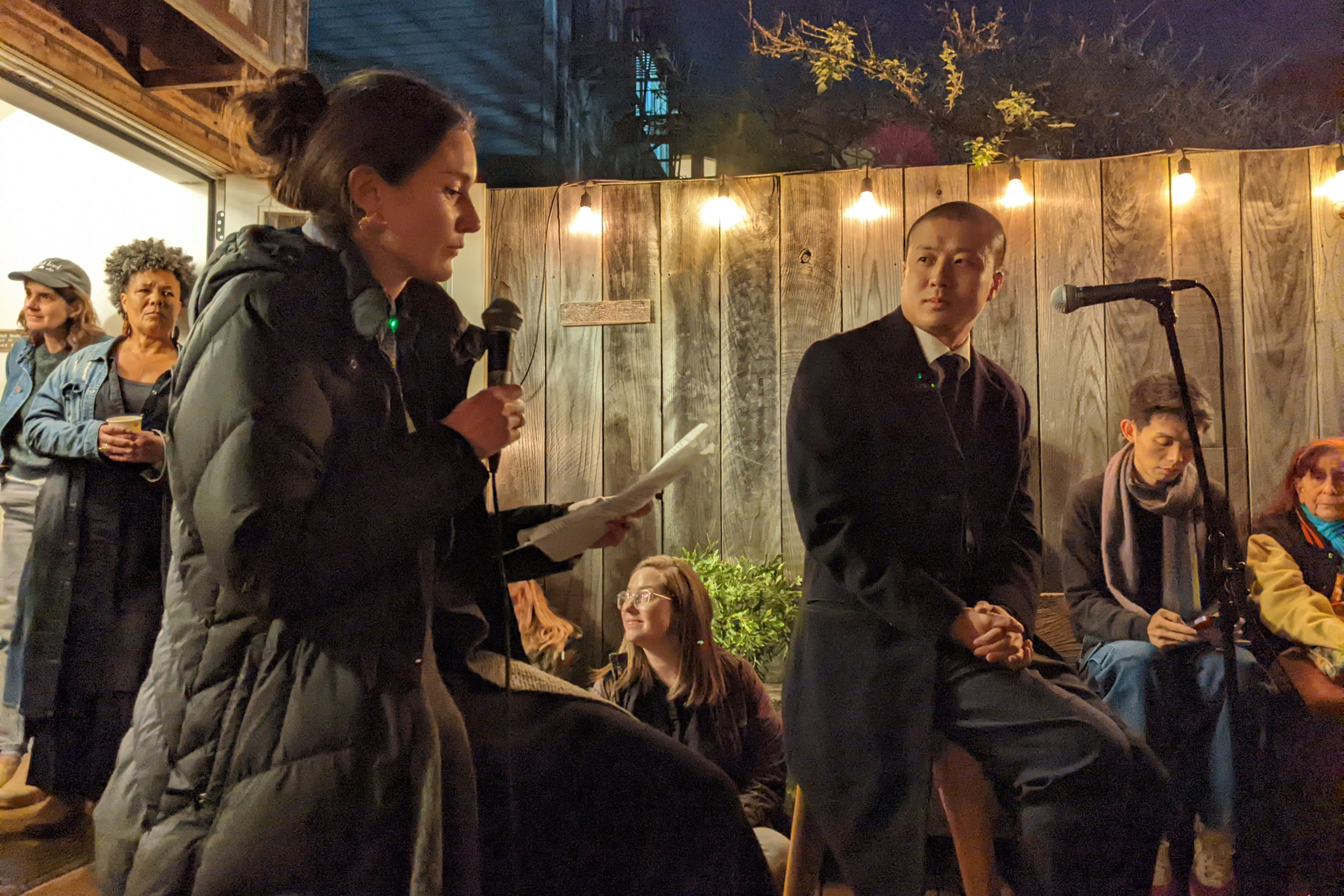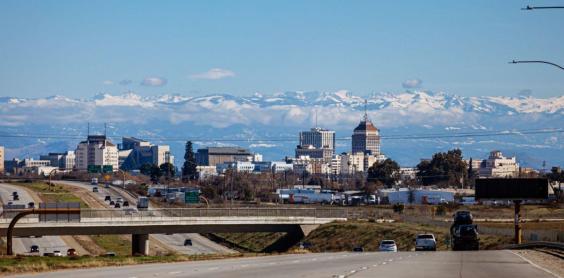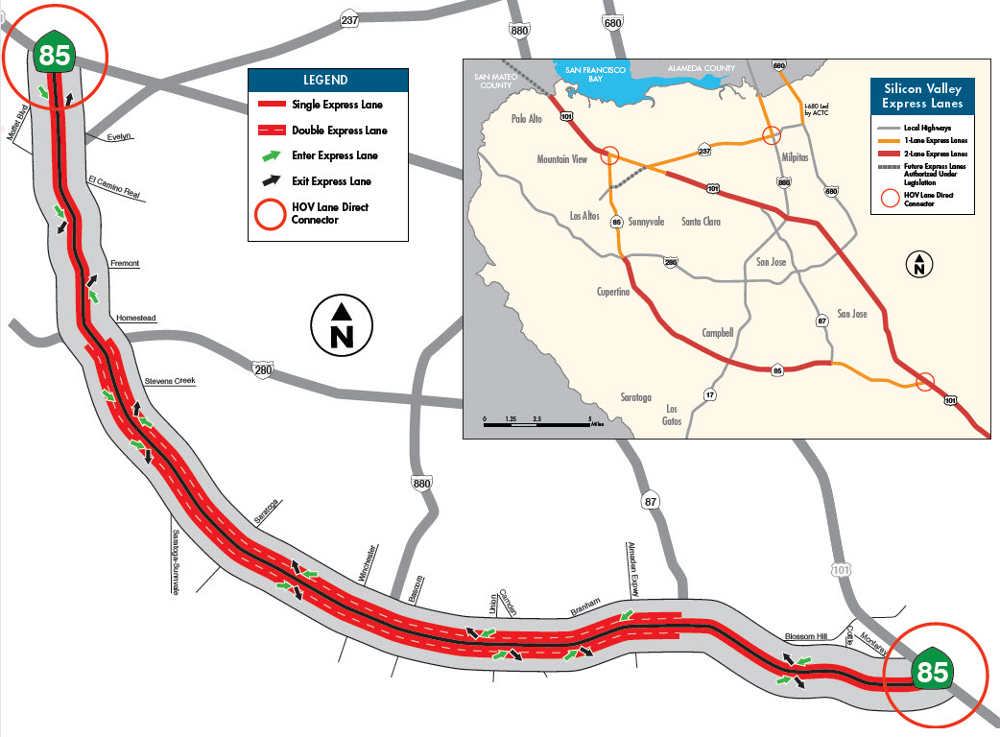
The Santa Clara Valley Transportation Authority (VTA)’s half-cent "Envision Silicon Valley" transportation sales tax is now headed to the November 8 general election ballot in the county, after receiving the unanimous approval of the transit agency’s Board of Directors on June 2.
The new sales tax would fund a massive highway expansion program, spending $1.85 billion on expressway and highway projects over the next 30 years, along with $1.5 billion to extend BART to Santa Clara, $1.2 billion to repave streets, $1 billion for Caltrain upgrades, $500 million for VTA bus and light rail operations, and $250 million for pedestrian and bicycle safety improvements.
“I love driving my car, and I think 97 percent of our population does as well,” said VTA Board and San Jose City Council member Johnny Khamis at the June 2 meeting. “More than 52 percent of this budget is dedicated to transit and less than 48 percent is dedicated to roads. In the meantime, 97 percent of population uses roads, whether you’re on the bus, or a car, whether it’s hybrid or electric, or on a bicycle, you need a road. We don’t float on air.”
$750 million would fund the “Tier 1” highest-priority projects [PDF] in the Santa Clara County's $3 billion Expressway Plan 2040, including $540 million to depress Lawrence Expressway under four intersections. Another $750 million would be spent on traffic expansions of interchanges along Highways 101, 280, 85, 237, 680, 87, and 17.
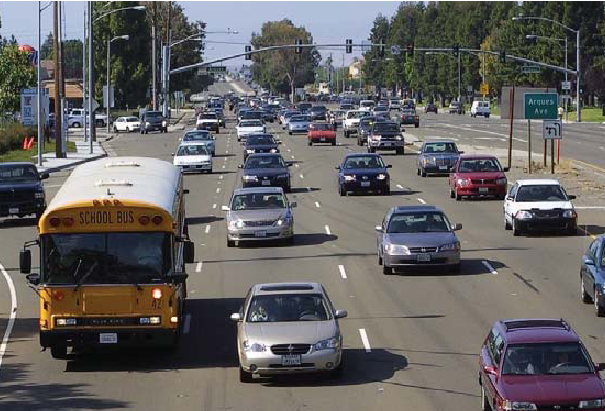
The sales tax includes another $350 million to pay for VTA’s State Route 85 Express Lanes Project, which would convert 24 miles of existing carpool lanes to express lane and widen the highway with new express lanes in the median. Express lanes are free for buses and carpools but charge a toll to solo drivers.
“Go back to 2000 and look at that a transit-focused [tax measure] will not only win, it will succeed,” objected transit advocate Scott Lane at the June 2 meeting. “What you’re trying to do here, whether it’s Lawrence Expressway, four intersections for $400 million, it’s going to create induced demand.”
VTA's 2000 Measure A half-cent sales tax, which funds only transit projects and will expire in 2036, passed with 70 percent voter approval. Voters then passed Measure B in 2008, another Santa Clara County sales tax that funds only BART.
The $1.85 billion in highway and expressway project represents 28 percent of the total $6.3 billion VTA expects the half-cent sales tax to generate over the next 30 years. While $2.5 billion (40 percent of revenues) would go to BART and Caltrain, just $500 million (8 percent of revenues) would pay for expanded bus and light rail service. In contrast, Alameda County's 2014 Measure BB half-cent sales tax will spend only 9 percent of revenues on highways and 20 percent on bus operations [PDF].
VTA officials insist that widening some highway segments with more traffic lanes, reconstructing bigger highway interchanges, depressing expressways under major intersections will alleviate rush-hour traffic jams. But even Caltrans now quietly admits that such traffic expansions routinely fail to reduce traffic congestion because they induce higher traffic volumes - along with more local air pollution and greenhouse gas emissions.
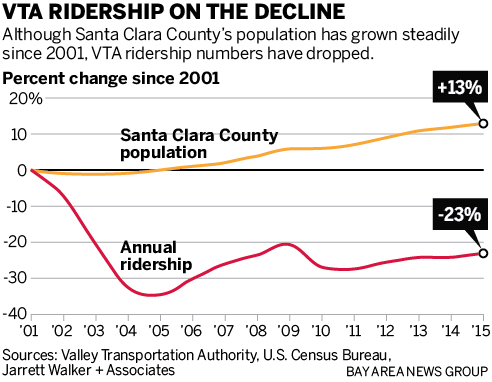
Santa Clara County officials who lobbied for $1 billion in VTA sales tax revenues to be spent on Expressways projects claim the opposite - that rush-hour traffic expansions will clear the air.
"We have plenty of studies that demonstrate that when you have stop and go traffic, it puts out a lot of pollution, a lot more than when the traffic can flow smoothly," stated Roads and Airports Department Deputy Director of Infrastructure Development Dawn Cameron to the Palo Alto Planning and Transportation Commission in June of last year.
The $500 million VTA has allocated for bus and light rail operations represents a mere seven percent boost from today’s bus service levels, according to transit advocacy group TransForm. The group published a study of alternatives [PDF] that would invest more in bus and light rail service, and no longer supports the overall sales tax measure.
“The expressway and highway spending will negate the [Vehicle Miles Traveled] and pollution reduction benefits we gain from BART and bike spending in the measure,” said Chris Lepe, Silicon Valley Senior Community Planner for TransForm.
Only $250 million, or 4 percent of revenues, is programmed for pedestrian and bicycling safety improvements. Despite the meager funding, the Silicon Valley Bicycle Coalition (SVBC) praised the tax plan.
“We’re so happy to be here tonight to see this measure come to reality," said SVBC Deputy Director Colin Heyne. "The proposed measure is going to provide ways to make our transportation system accommodate options other than the private car.”


